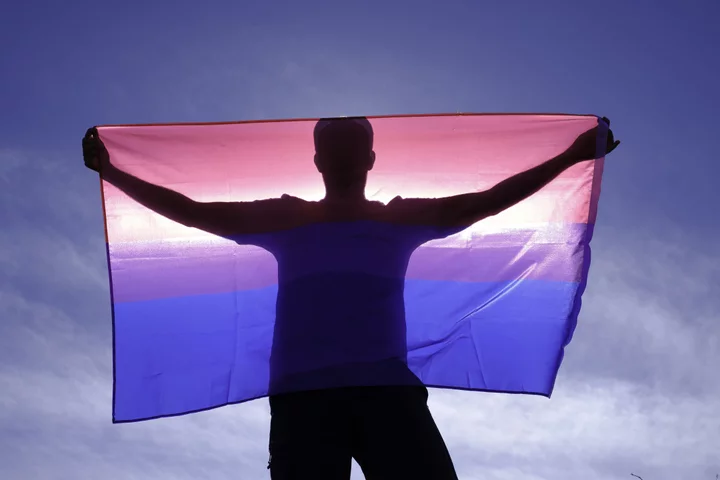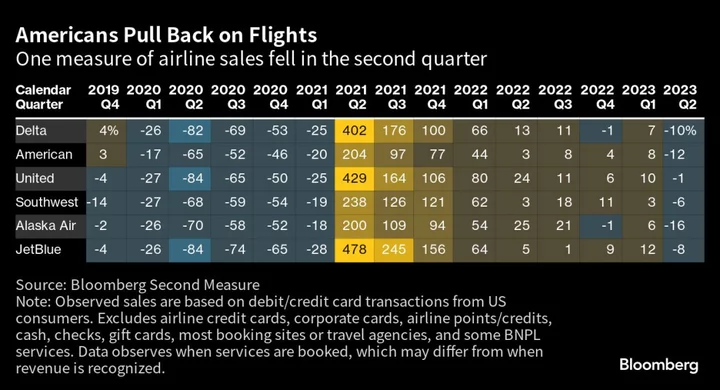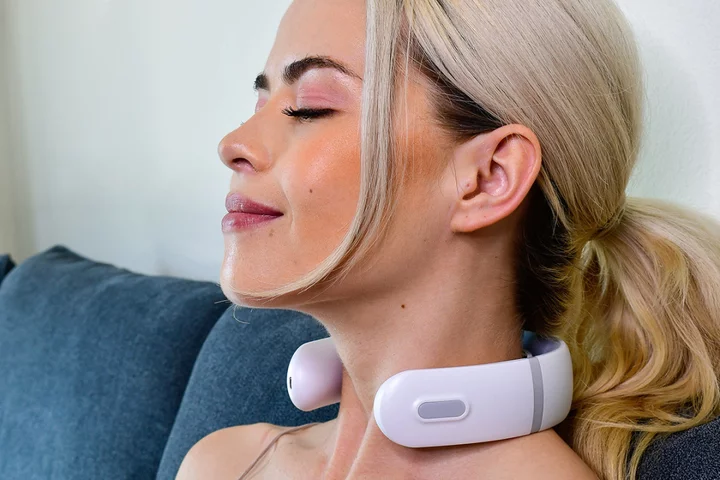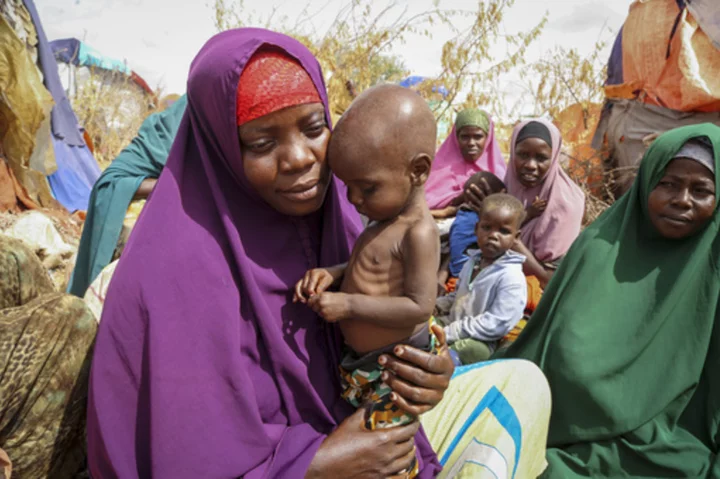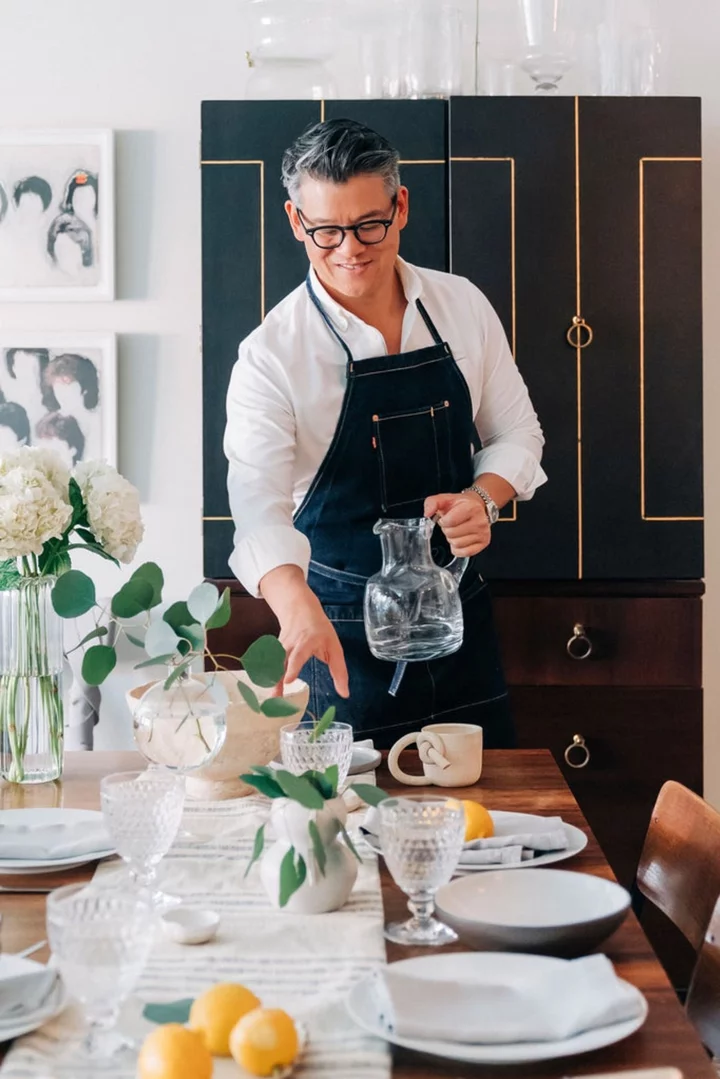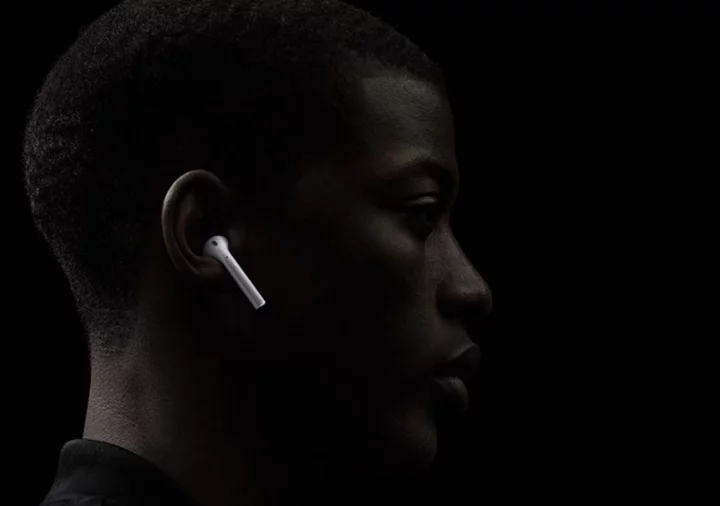It's Bisexual Awareness Week, the time of year where bi people shed their invisible skins to be seen by the world.
Just kidding; it's a time of celebrating bisexuality online and off. According to a recent survey by the dating app Pure, however, stereotypes about bi people persist even in 2023.
Thirty-seven percent of Americans believe that, unlike being gay or straight, bisexuality is a choice. Three percent don't even believe in bisexuality, in Pure's survey of 2,000 American adults chosen at random.
SEE ALSO: How to flirt when you've just come out as biStudies show that sexuality isn't a choice and bisexuality certainly exists. The false assumptions don't stop there, though: 20 percent believe bisexuality is a stepping stone to being gay, while 26 percent think bisexual people identify as such because it "offers perks" (though these perks aren't specified). Ten percent believe someone can't discover they're bi after 40 because "they've had plenty of time to decide."
The "slutty bi" stereotype prevails for 19 percent of Americans who think bi people are more likely to cheat; 17 percent who believe bi people are more promiscuous than those of other sexual orientations; and 13 percent who believe bi people are incapable of monogamy.
Want more sex and dating stories in your inbox? Sign up for Mashable's new weekly After Dark newsletter.
Of the 7.2 percent of Americans who identify as LGBTQ, Gallup reported, the majority (58.2 percent) identify as bi. Despite making up most of the LGBTQ population, bi people face stereotypes in the LGBTQ community and elsewhere. Bi people are more likely to have anxiety or depression than gay or straight people, partly because of these stereotypes, biphobia, and monosexism (the belief that you can only be gay or straight). What's more is that bi people are more prone to intimate partner violence due to stigma as well.
SEE ALSO: I'm a bi woman with a husband. How do I explore my identity?Given these ingrained beliefs about bi people, it's difficult to imagine one would identify as bi because of "perks," but understandable why it would take 40 or more years to discover their bisexuality.
"I'm proud to say, that I am an open bi woman. I also experience all these stereotypes around being bi on a daily basis," said Pure's CEO Olga Petrunina in the press release. "We want to raise awareness around being bi and educate people on how we feel, what we are, and what we aren't. It's not a choice, it's not greediness, nor is it a 'stage.' We are [bi] and we are visible."
Check out Pure's full study, "Bi-gnorance," here.

